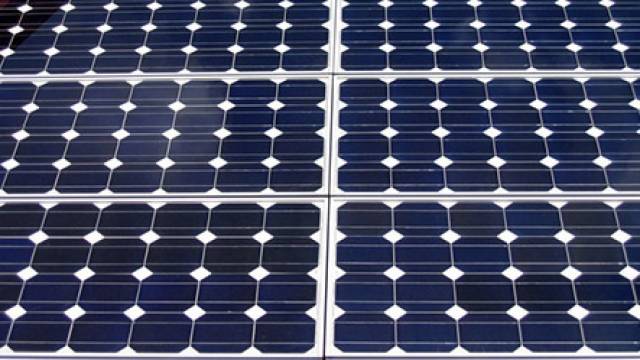The US commerce department said it would impose tariffs on about 60 Chinese solar panel exporters which participated in anti-dumping investigations. The range of punitive tariffs to be imposed on China-based solar firms is from 31-250%, depending on the firm.
The US Department of Commerce announced their preliminary decision on anti-dumping investigations. In its decision, the UScommerce department said it would impose tariffs on about 60 Chinese solar panel exporters which participated in the investigation. The range of punitive tariffs to be imposed on China-based solar firms is from 31-250%, depending on the firm. The tariffs were in addition to fees ranging from 2.9% to 4.73% imposed last March. The levies will be retroactive for 90 days.
The Department of Commerce ruled that tariffs will be imposed on China-based solar firms that sold solar cells below production costs in the US. This move is seen to protect remaining US domestic solar firms.
Chinese government subsidies helped drive down the price of solar panels by 80% over the last five years, and by 40% in the last year alone. The price drops drove some US solar panel makers to collapse, last year.
Large-size tier-one solar firms in China such as Suntech, Yingli Solar, and Trina Solar have been told to pay duties around 31%, while some other China-based solar firms will have to pay a rate of 249.96%.
Speculation has been spreading among China’s solar players that their government is also looking to counteract with an anti-dumping probe against US and South Korea solar polysilicon firms. There were also fears the move could lead to a broader US-Chinese trade war.
US solar panel makers, who brought the original complaint, are expected to benefit. But the tariffs, by forcing up prices, are expected to slow the adoption of solar power more generally.
The seven US-based solar panel makers which brought the complaint said the ruling from the commerce department would help American companies hold their own against Chinese competitors. The solar panel makers were struggling against Chinese competition, and weakening demand in Europe.
“Today’s decision is expected to have an impact on the US marketplace for Chinese manufacturers since it will begin to remove the advantage they have had as a result of their illegal trade practices,” the Coalition for American Solar Panel Manufacturing said in a statement. The statement went on: “However, it will not disrupt solar growth or solar installations in the United States.”
But that is the fear of other industry analysts. The falling costs for solar panels made solar power more competitive with other sources of energy. The US solar industry grew by 109% last year.






